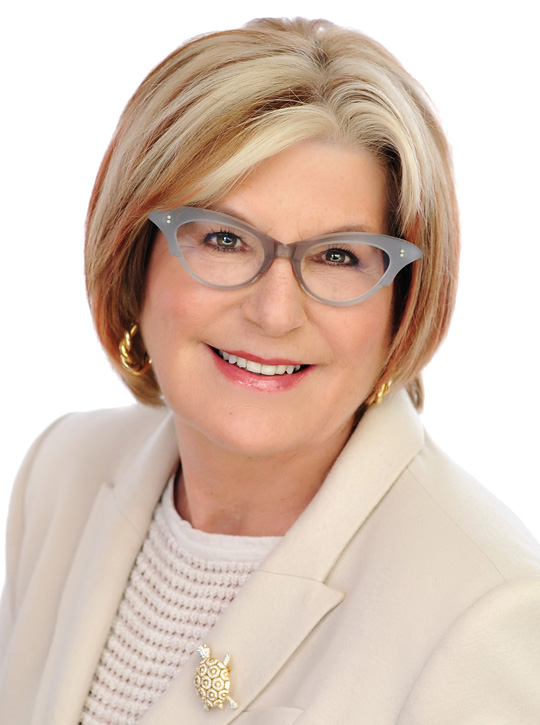 By Louise Bradley
By Louise Bradley
As a young registered nurse hailing from St. John’s, my postgraduate studies landed me an internship at a Boston clinic. One of my first nights on call, I had to turn away a distraught mother and her suicidal daughter for lack of insurance. I naively thanked my lucky stars that my home and native land wasn’t a place where this kind of travesty could happen.
Fast-forward three decades, and I’m more concerned than ever that our wonderful “universal system” of care remains stubbornly inadequate when it comes to mental health. It’s high time we stopped wringing our hands and started to take bold action in service to the 1.6 million people in Canada whose mental health needs aren’t being met.
As a country, we have been slow to seize on the promise of e-mental health care. Yet we are one of the most digitally connected nations in the world. Access to the Internet is routine for 89 per cent of adults in Canada, including 74 per cent of seniors. Daily use of technology is even more pervasive among youth.
It’s been decades since New Zealand a country that shares our challenges to bring care to rural and remote areas harnessed the promise of e-mental health.
So, what are we waiting for?
After all, e-mental health isn’t rocket science. It simply means applying familiar technologies we use every day, like the Internet and phone apps, to give patients mental health care when and where they need it most clearing the hurdle of proximity to bricks and mortar services.
While more money can buy more resources, it’s how we choose to spend those dollars that will define our ability to bring care to those who need it most. The MHCC has long advocated we must do things differently including integrating e-mental health into the mix of supports and services.
Last December, the MHCC announced a new project in partnership with the Government of Newfoundland and Labrador, which aims to spur the development of e-mental health throughout the province, and beyond.
Over the next 18 months, 15 primary health care clinics across urban and rural Newfoundland and Labrador will adopt the innovative mental health delivery model, Stepped Care 2.0. Developed for students at Memorial University of Newfoundland (MUN), the model has eliminated wait lists at MUN, allowing 15 per cent more students to be seen while maintaining patient satisfaction.
Rapid, same-day care on the initial visit, with 24-7 access to e-mental health tools, is key to Stepped Care 2.0. From the get-go, patients are matched with the most effective and least resource-intensive option. This can range from an initial consultation or single-therapy session, to online self-help resources and coaching, to intensive therapy and psychiatric consultation. Clients are continually monitored and their treatment intensity “stepped” up or down depending on the level of distress.
It’s a matter of the sum being greater than its parts. This approach allows people with mild and moderate needs to get treatment sooner, before their problem escalates. And for more than half of clients, that initial treatment will be enough. As a result, resources are freed up for those who require them most, shrinking stubborn wait lists.
Newfoundland and Labrador has been an early province-wide adopter of individual e-mental health programs such as Strongest Families, Bridge the Gap and Breathing Room. As a Newfoundlander, I couldn’t be more proud. I believe this project will demonstrate the exponential benefit of embedding e-mental health programs into the public health system.
By rethinking how we provide care in Newfoundland and Labrador, my hope is that we will have the key to unlock better care across the country. And reaffirm the belief I held as a post-graduate student that no one in Canada should endure the same fate as that young girl I met in Boston, so many years ago.
Louise Bradley became President and CEO of the Mental Health Commission of Canada after serving as Senior Operating Officer for the University of Alberta Hospital, a leading clinical, research and teaching hospital. A former registered nurse in Newfoundland, she has a master of science in mental health and a psychiatric nursing diploma with clinical practicum.
Reprinted with permission from The St. John’s Telegram.













